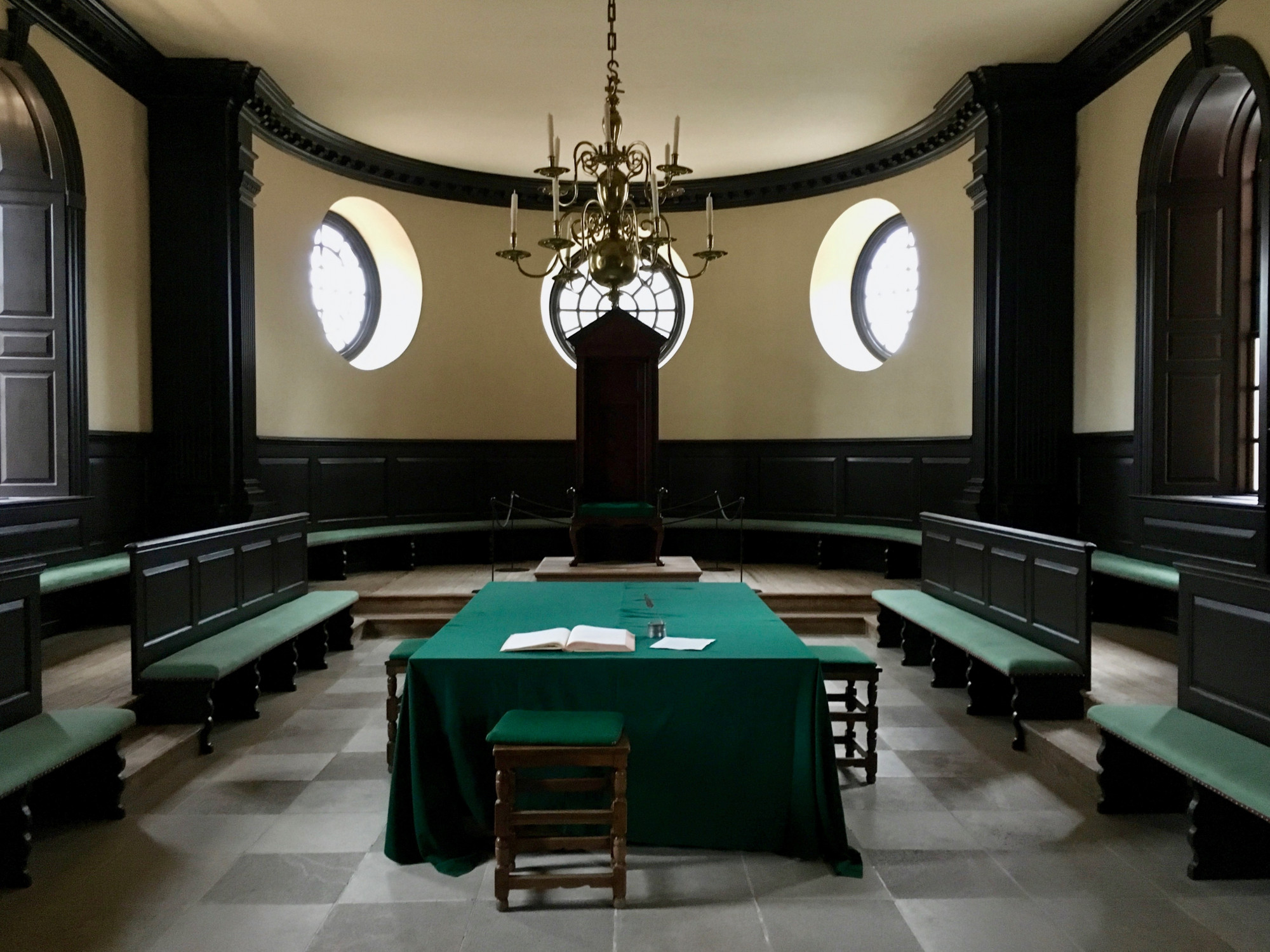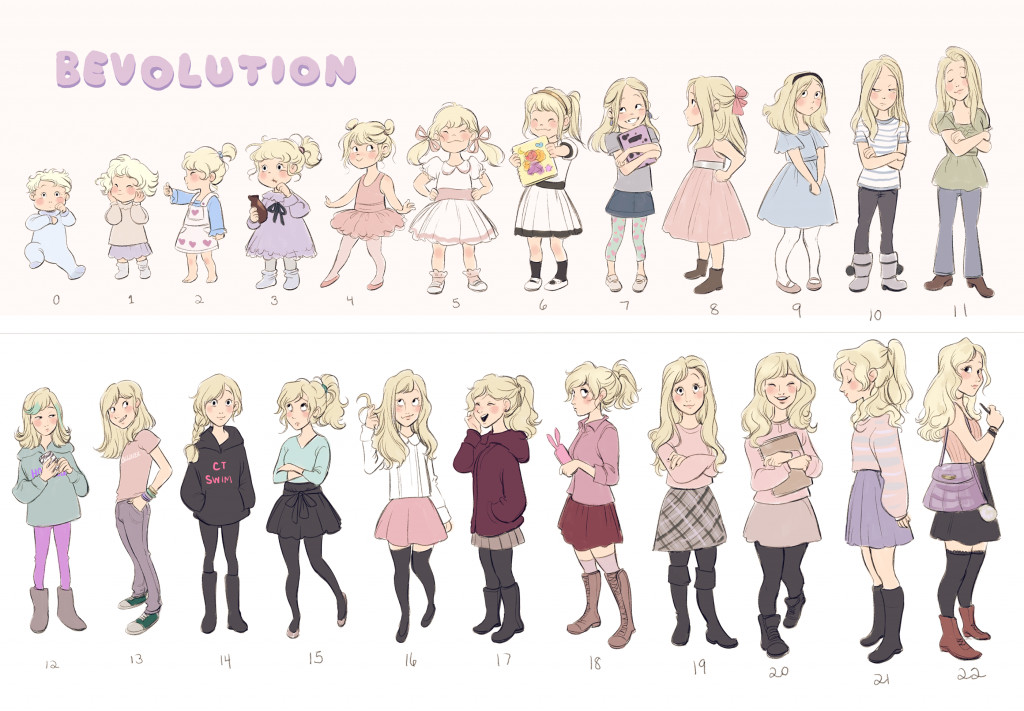Table Of Content

While economic status in the form of land holdings became the central criteria for determining the franchise, other laws added restrictions based upon age, sex, race, and religion. The law excluded those under age twenty-one in 1699; that same year women also lost the vote, although it is unclear whether any had tried to vote previously as this ran counter to English custom of the time. The specific exclusion of blacks, mulattos, and Indians occurred in 1723; it is probable that a few of these persons had participated or tried to participate earlier.
The Revolutionary War
The burgesses adopted resolutions against the Stamp Act and protested the unprecedented taxes by petitioning both houses of Parliament and the king, becoming the defenders of the people of Virginia in the process. The Stamp Act Resolves that burgess Patrick Henry introduced in 1765 and the speech he made criticizing King George III for signing the Stamp Act verged on treason, but set the terms of colonial resistance to British policies for the next decade. Robinson’s knowledge of parliamentary procedure and long tenure enabled him, arguably, to wield more political power than any other man of his time. Imperial authorities and a group of burgesses that included Richard Henry Lee felt that allowing one person to occupy these two positions consolidated too much power in a single man’s hands, but were unable to curtail his influence. It was not until after Robinson died that his accounts as treasurer were discovered to be in arrears of more than £100,000—he had been recycling currency earmarked for destruction by lending it to his friends and supporters, many of whom were burgesses themselves. In 1691 the assembly created an office of treasurer of the colony to collect and disburse the tax money raised under its authority.
Please turn your device to landscape view for wide tables like those below.
During the Stamp Act Crisis in 1765, the House of Burgesses played a critical role in opposing the British government’s attempt to enforce the Stamp Act. Patrick Henry introduced a series of resolutions known as the Stamp Act Resolves, which argued that only the General Assembly had the authority to levy taxes on Virginia colonists. Henry also argued any attempts by the British government to tax Virginians without their consent was an attack on their rights.
Timeline
Two burgesses of the same name are distinguished by showing the first year served in the assembly after the word "burgess" in the link. "Burgess" may need to be added to some titles of unwritten articles if articles of similar name are written first and need for disambiguation arises. Militia officer grades are shown only if they are identified as such or included with a military grade title (e.g. captain) on a list of burgesses in a source or in a thumbnail or other biography. These grades, or ranks, were generally, but not always, shown on original lists of members of sessions. The absence of such a grade before a name on the list should not be assumed to mean the burgess was not a militia officer at some time in his life. The years passed and the relationship with England continued to deteriorate as the Mother Country introduced more burdensome legislation.
By the beginning of the eighteenth century, the House’s power had lessened considerably, but it remained an essential institution in the colony’s government. The burgesses were the only elected public officials in Virginia at that time, and they vigorously defended both the interests of Virginia’s increasingly wealthy planters, who began to dominate state and local politics, and the institutional interests of the House. In subsequent decades, the House of Burgesses successfully defended the interests of the tobacco plantation economy its members represented. For reasons that are not known, he did not call for another general election until the spring of 1676.
First session
The Virginia Constitution of 1776 created a new General Assembly that replaced the governor’s Council with an elected Senate and the House of Burgesses with an elected House of Delegates. The House of Burgesses is notable, however, for being the training ground of many of America’s Founding Fathers, including George Washington, Thomas Jefferson, Richard Henry Lee, and Patrick Henry. In April, 1619, Governor George Yeardley arrived in Virginia from England and announced that the Virginia Company had voted to abolish martial law and create a legislative assembly, known as the General Assembly — the first legislative assembly in the American colonies. Present were Governor Yeardley, Council, and 22 burgesses representing 11 plantations (or settlements) Burgesses were elected representatives. Only white men who owned a specific amount of property were eligible to vote for Burgesses. In 1643, the General Assembly became a bicameral body, establishing the democratically-elected House of Burgesses as its lower house, while the royally-appointed Council of State served as the upper house of the legislature.

Earlier that year, the London Company, which had established the Jamestown settlement 12 years before, directed Virginia Governor Sir George Yeardley to summon a “General Assembly” elected by the settlers, with every free adult male voting. Twenty-two representatives from the 11 Jamestown boroughs were chosen, and Master John Pory was appointed the assembly’s speaker. On July 30, the House of Burgesses (an English word for “citizens”) convened for the first time. Its first law, which, like all of its laws, would have to be approved by the London Company, required tobacco to be sold for at least three shillings per pound. Other laws passed during its first six-day session included prohibitions against gambling, drunkenness and idleness, and a measure that made Sabbath observance mandatory.
Learn More About Self Government
At the same time, however, the League did, in fact, make policy as a means toward keeping the peace. The clan chiefs were chosen by the matrons of their clan on the basis of their eloquence and ability to represent the interests of their people. Although members of the tribe did not directly elect their representatives, they trusted the matrons who chose them, and those chosen who did not faithfully represent the interests of their clan were removed and replaced by others. Discussion of policy was encouraged, and debate was integral to any decision on laws, the acceptance of which had to be agreed upon unanimously. The Iroquois thereby instituted a unicameral legislative body in North America centuries before the English arrived. The assembly continued to meet as a unicameral political body (meaning a single legislative body) whenever called to order until 1642 CE when it was divided into a bicameral body (two separate legislative assemblies) of the House of Burgesses and the Council of State.
Bacon's Rebellion - Historic Jamestowne Part of Colonial National Historical Park (U.S - National Park Service
Bacon's Rebellion - Historic Jamestowne Part of Colonial National Historical Park (U.S.
Posted: Thu, 03 Aug 2023 07:00:00 GMT [source]
Elections in Colonial Virginia
Each county sent two representatives and elections were held when the governor called them, not at regular intervals. Votes were cast viva voce, or by voice, the voters standing in front of the crowd to say the name of their chosen candidates out loud to be recorded by the sheriff. Sometimes raucous events, election days often found voters plied with alcoholic beverages and food by candidates. Washington, in fact, paid for food and drinks to be provided for voters during at least some of his winning elections. The House of Burgess and joint assembly of the colonial governor and his council faced challenges throughout the years.
Over time, it played a key role in the American Revolution, especially in resisting the Stamp Act and establishing permanent Committees of Correspondence. As the American Revolution intensified, members established the Virginia Conventions, which were responsible for declaring Virginia’s independence from Great Britain and introducing the Lee Resolution during the Second Continental Congress. After Lord Dunmore dissolved the Assembly in 1774, the members of the House of Burgesses responded by secretly meeting in Williamsburg, Virginia. Five meetings were held, which are known as the “Virginia Conventions.” The first four conventions dealt with how to plan for the defense of the colony in the event of war, including the establishment of the Committee of Safety. In 1776, the fifth Virginia Convention formally declared the relationship between Virginia and Great Britain “totally dissolved.” Then it directed its delegates to the Second Continental Congress to introduce a resolution for independence — the Lee Resolution.
Landowners continued to elect their representatives―2 from each county, and 1 from the city. In 1769, George Washington protested against the British policy of ‘taxation without representation’, George Mason’s resolutions drafted against the Townshend Acts of 1767 objected to ship colonial political demonstrators to England for trial. On May 10, 1773, the Tea Act was passed which invited the fury of the colonists, and there were major protests.
To bring order to the province, Governor George Yeardley created a one-house or unicameral General Assembly on July 30, 1619. It remained the source of many political rebellions leading up to the War of Independence, the most prominent incidents being the Bacon’s Rebellion over increased taxes and corruption, which led to the Declaration of the People. When Patrick Henry was elected as a member of the Virginia House of Burgesses, he protested against the increased taxes especially the Stamp Act. On May 29, 1765, he delivered the famous ‘Caesar-Brutus Speech’ “If this be treason, make the most of it! ” against this act, which led to the establishment of the Sons of Liberty organization. The word ‘Burgesses’ originated during the Dark Ages when King Alfred the Great (849 – 899 CE) innovated a national defense measure in England by the organization of ‘burghs‘ meaning “fortress” or “castle” or “fortified towns”.
At nearly every session of the assembly a law was passed to renew the office and designate the speaker of the House as treasurer, which allowed him to retain a stated portion of the money that passed through the treasurer’s office to compensate the speaker for his time and labor. Whether campaigning began immediately depended on the political climate in each constituency at the time of each election. In some places, where incumbents planned to run again or where the outcome seemed in little doubt, candidates did little or no campaigning and simply showed up on election day. In other places, where incumbents did not seek reelection or where local political conditions fostered challenges, campaigning began in earnest.













